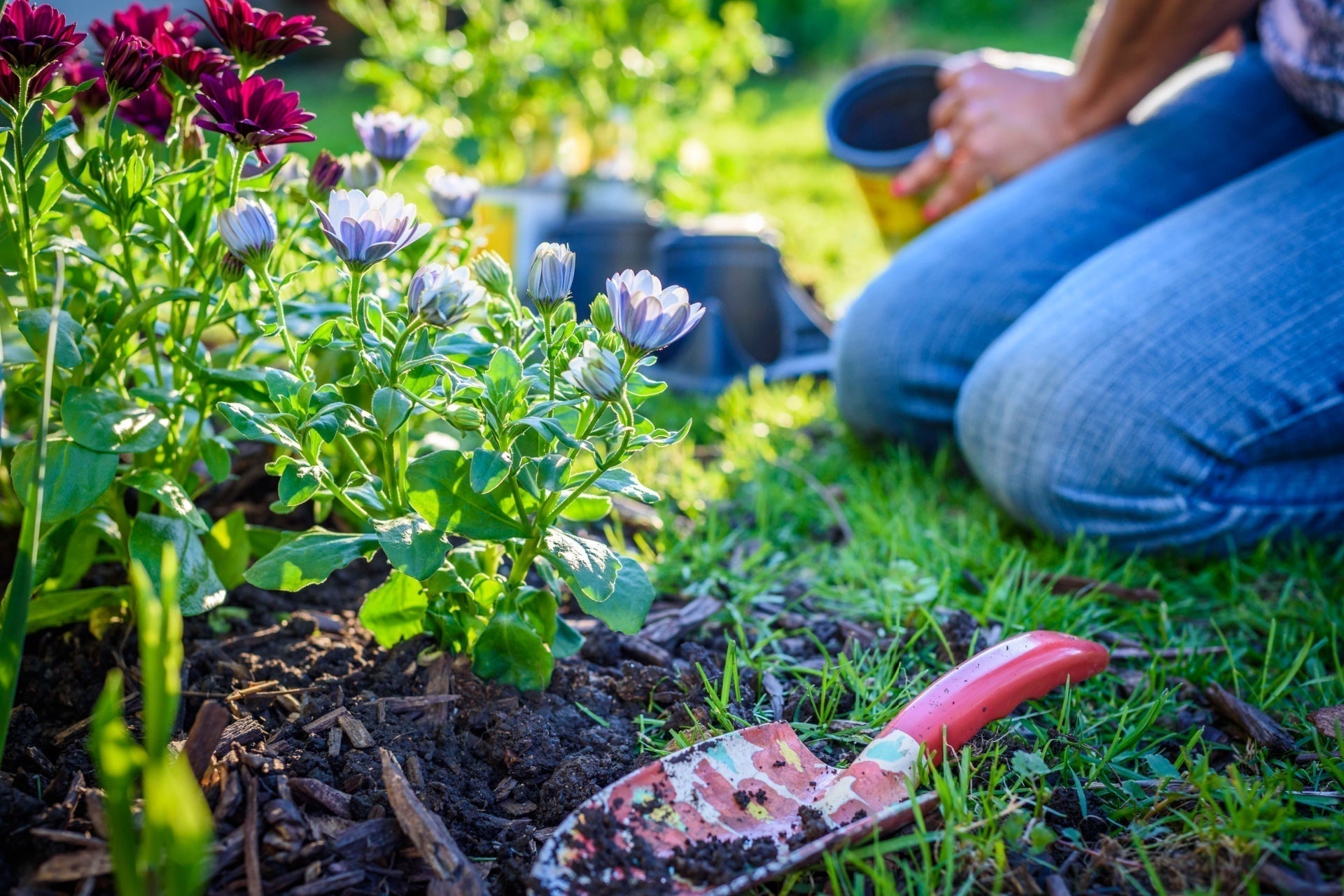A lot of the time, gardening success starts below the surface. With the right mulching techniques, you can keep your soil healthy, help roots grow strong, and keep plants safe from heat and cold. Mulch also keeps water in, kills weeds, and slowly adds organic matter to the soil. Mulching is one of the easiest and most effective things a farmer can do to make a garden that grows well and doesn't need much care.
The benefits of mulching go far beyond how it looks. It makes the earth stronger, keeps the roots cool in the summer, and protects them from freezing in the winter. Learning the right way to mulch can make a big difference in the long-term health of your garden, whether you're growing flowers, shrubs, or young trees.
Why Mulching Is Essential for Every Garden
As a natural blanket, mulch keeps your soil safe from bad weather and water loss. Retaining moisture, stopping weeds, and adding nutrients are the major benefits of mulching. As organic mulch breaks down, it feeds earthworms and good bacteria, which makes the soil more fertile.
For new plants like Red Maple Seedlings, covering the right way is very important. Mulch helps new roots grow faster and stronger by keeping the soil at a steady temperature and level of moisture. To sum up, mulch does more than just look nice; it also keeps life alive below the ground.
How to Get the Most Out of Your Mulch
Your garden will perform better if your mulching techniques are improved. Here are some important tips:
- Put a layer of mulch about 2 to 3 inches thick over the plant beds.
- Keep mulch about 2 inches away from tree roots and plant stems.
- To keep the earth moist, water it before you put down mulch.
- Replace soil every year because it breaks down.
Do not build "mulch volcanoes." Piling mulch up against tree wood invites rot and bugs. Spread it out around the root zone in the shape of a doughnut. This method works best for putting Button Bush Live Stakes in wet or near water because mulch keeps the soil stable and keeps roots from drying out.
Different Types of Mulch and Their Uses
Different types of mulch are best mulch for gardens based on their needs and style. Each choice has its own advantages:
- Wood chips or bark mulch: These last a long time and look nice, so they are great for trees and plants
- Compost or shredded leaves: Are great organic mulching materials that quickly improve the soil
- Straw: Is great for veggie gardens because it's light and simple to take away when the season is over
- Pine needles: These are acidic and work well with plants like azaleas and hydrangeas
- Stone or gravel: This is best for paths or places that don't need much upkeep
For soil life, organic products are still the best. Putting down natural garden mulch around plants like Hydrangea Live Stakes helps keep the soil moist and encourages steady, even growth.
Choosing the Best Mulch for Your Garden
How to choose the best mulch for gardens relies on the weather and soil in the area. In hot, dry places, coarse mulch like wood chips keeps water from evaporating. Lighter choices, like shredded leaves, work better in cooler or wetter places.
- Compost or leaf mould can help gardeners quickly improve the soil by adding nutrients
- For gardening that doesn't need much care bark chips or pine mulch last longer between updates
- Always choose garden mulch based on what you want to achieve in your garden, whether that's making the soil more fertile keeping water in or just making the garden look better from the street
Organic Mulching: The Natural Way to Healthier Soil
For healthy, rich soil, organic gardening is one of the best things you can do. As leaves, straw, compost, and other organic matter break down, they slowly release nutrients that feed soil creatures. This process makes it easier for the soil to naturally hold water and nutrients.
To practice organic mulching effectively:
- Use old things like bark that has been composted or leaves that have been shred
- Cover the dirt with mulch after you water it to keep it moist
- Use it again once or twice a year based on how quickly it breaks down
- Don't put fresh wood chips on young stems directly
Your soil becomes a living environment over time as a result of organic mulching, which helps plants grow stronger and healthier.
FAQs
What are the main benefits of mulching?
Mulching helps the earth stay moist, stops weeds from growing and keeps it from washing away.
What are the different types of mulch?
Wood chips, straw, manure, pine needles and gravel are some of the most common types.
How does organic mulching improve soil quality?
Organic mulch breaks down to release nutrients and help bacteria that are good for the soil.
What is the best mulching technique?
Spread it out evenly over 2–3 inches, keep it away from the stems, water it first and do it again every year.
What is the main purpose of mulching?
To keep the earth safe, healthy and nourished so that plants can grow there for a long time.




